Californian Workers Demand Another Major Increase to Minimum Wage
Workers in the Golden State are calling for a substantial increase in minimum wage just months after Newsom’s introduction of the highly contested $20 hourly rate for all fast food workers.
Now Californians, backed by labor unions, are demanding the minimum wage be increased to $30 as their current hourly rate isn’t enough to pay for all the basic necessities in a state that continues to battle against inflation and ever-increasing prices.
Minimum Wages Experiences an Increase in California
Several regions in California have experienced a considerable increase in minimum wage this year. One sector that has experienced the most significant gains is those working in the fast food industry.
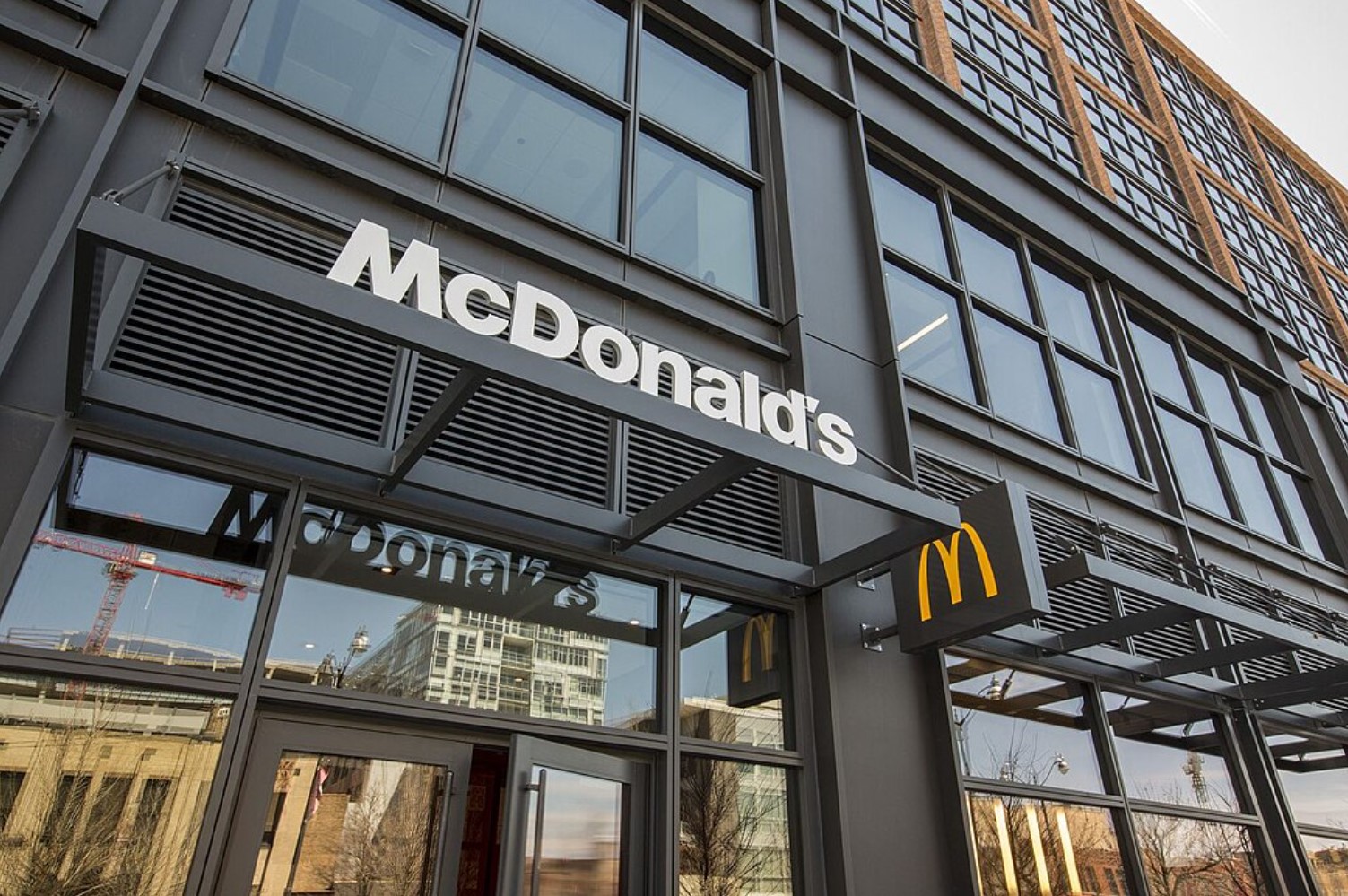
Source: Wikimedia
Throughout the state, fast-food workers now receive an hourly rate of $20 following Newsom’s implementation of Bill 1287.
Newsom’s New Law Goes Live
As of April, Newsom’s new law became official, and over 500,000 fast-food industry workers who were on minimum wage received a pay increase from $16 to $20.
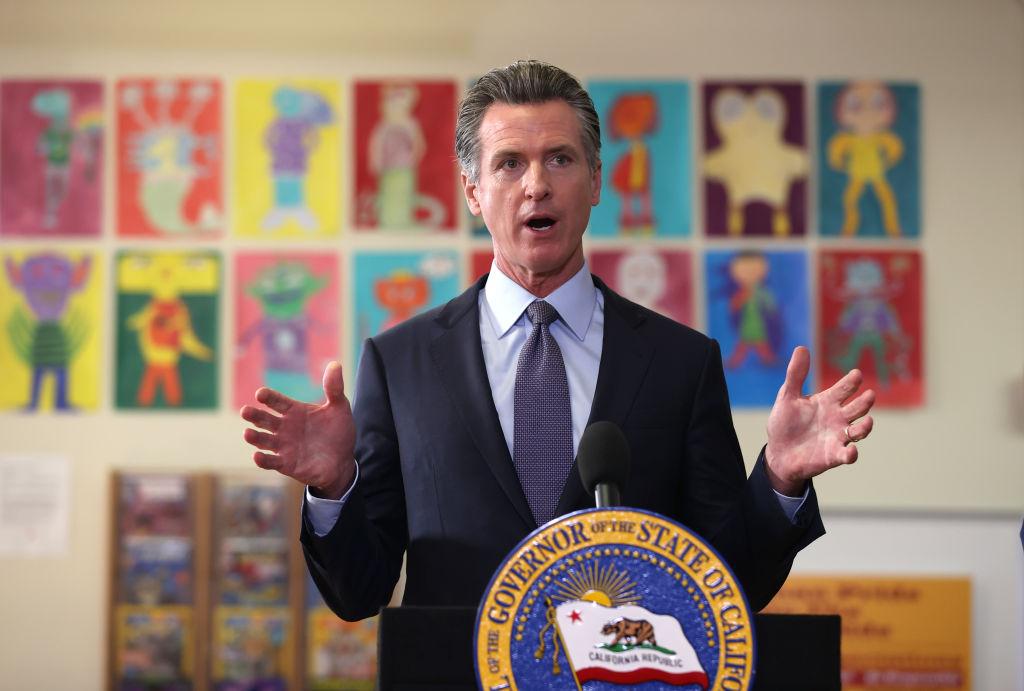
Source: Getty Images
Despite the controversy surrounding the decision and the opinion of business owners, Newsom’s wage increase was deemed revolutionary by those working in the industry.
Fast Food Industry Booming
The minimum wage raise applies to fast-food employees who work for a company with over 60 locations in the US. Many of these companies, such as McDonald’s, have been experiencing strong economic growth despite the economic struggles of recent years.
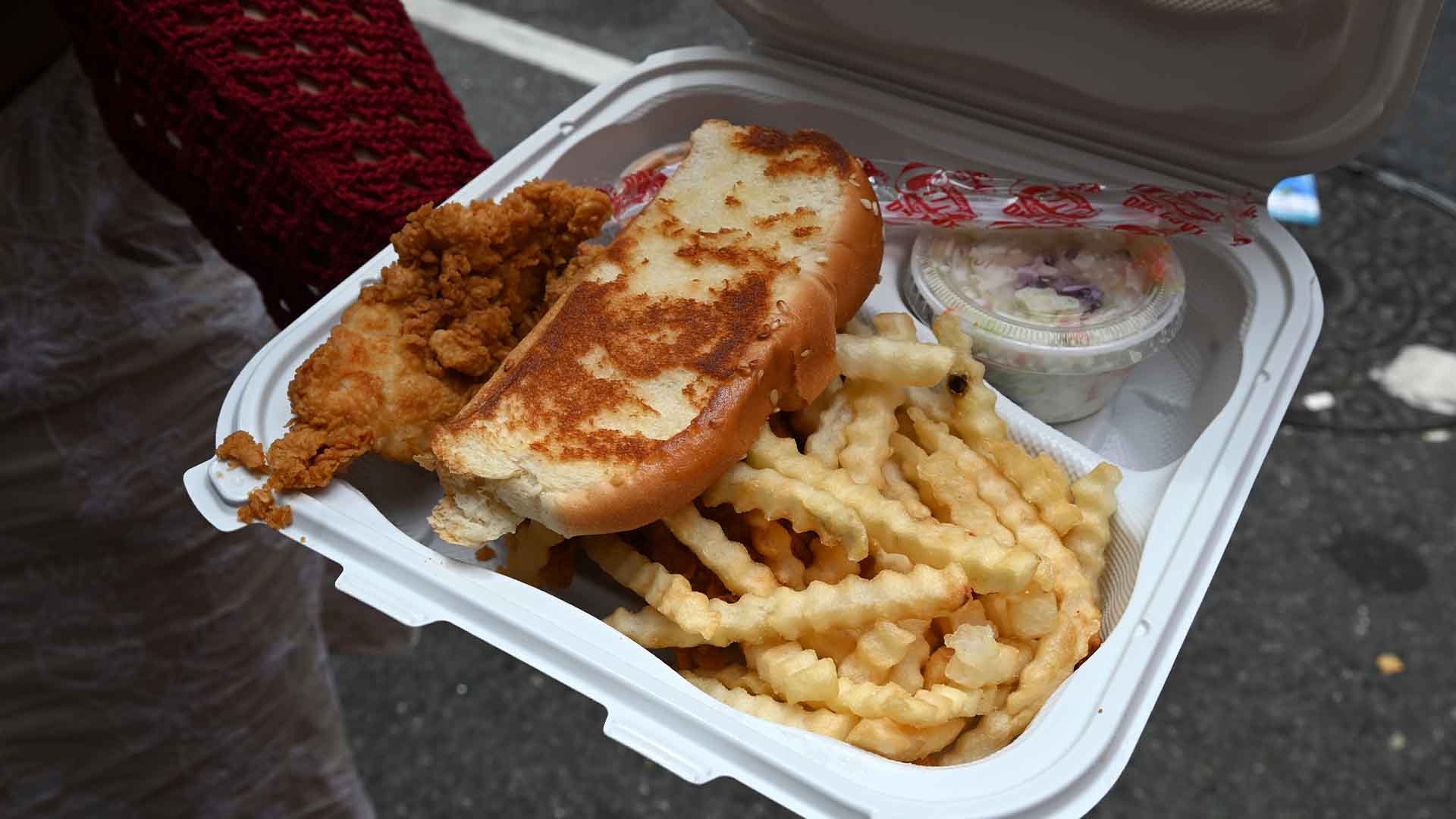
Source: Slaven Vlasic/Getty Images
According to CBS, one reason for this is the sharp increase in menu item prices, which their analysis suggests has “far outpaced inflation.” On average, menu item prices have increased by around 47% over the past ten years.
Better Economic Futures For Workers
According to Roosevelt Institute labor expert Alí Bustamante, who spoke with CBS MoneyWatch. “Prices have been so much higher than operating costs over the last decade that these companies could just absorb higher operating costs.”

Source: Wikimedia
He continued, “This is about raising the floor and making sure that $20, the new minimum wage, puts workers on a better economic footing to cover their household needs.”
Hotel Workers Also Experience a Significant Increase
It’s not just fast-food employees who are receiving a raise. Tourism industry workers have also seen their hourly average increase significantly in recent years.
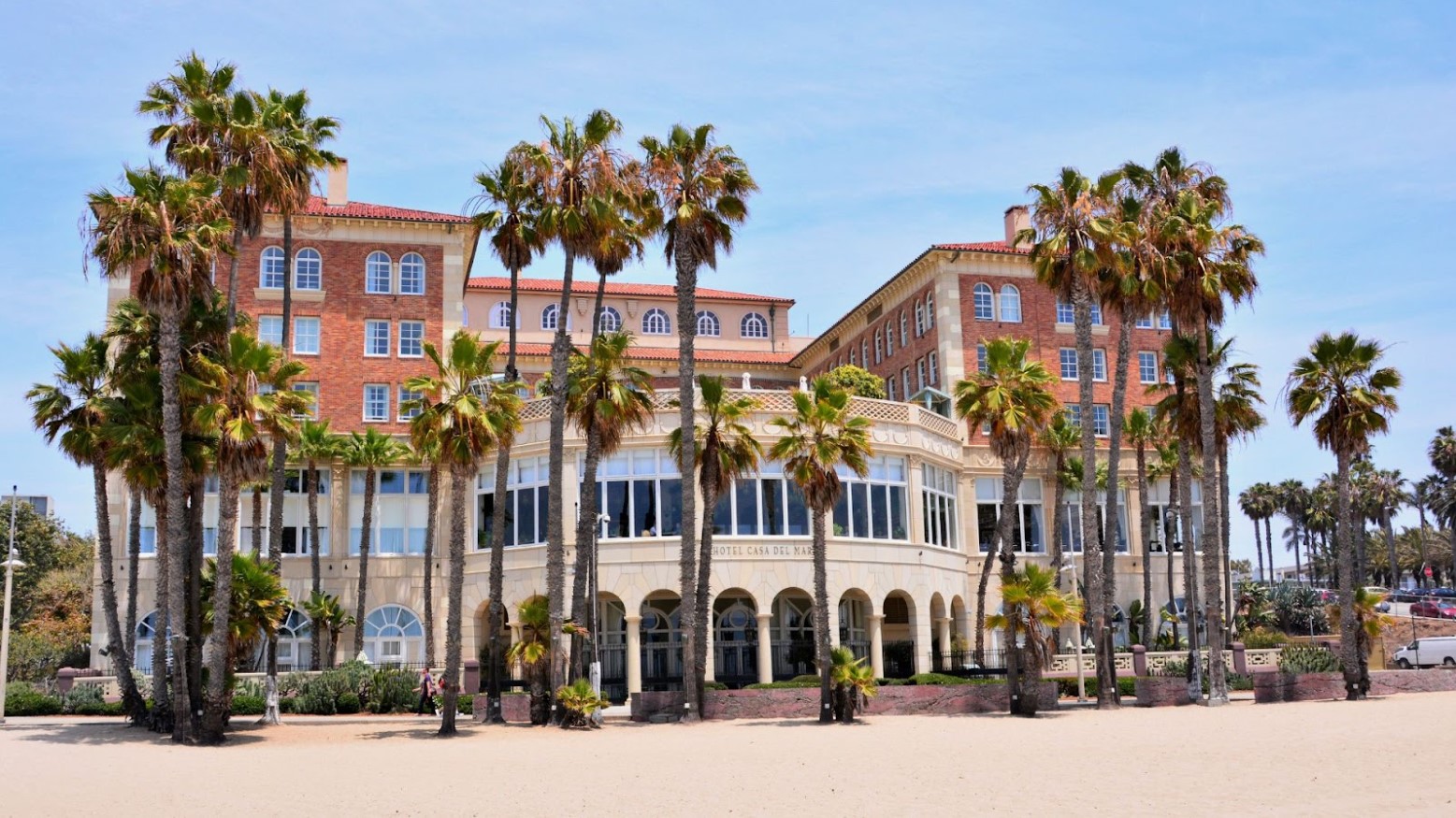
Source: Mike McBey/Wikimedia Commons
Hotel workers in Long Beach received a pay raise and now earn at least $23 per hour. However, many are now calling for this to be raised by an additional $6.50 to $29.50 per hour over the next four years.
Los Angeles Hotel Workers Come Together
In Los Angeles, workers from over 30 hotels united with their union to demand a minimum wage increase, and their collective action led to a significant victory.

Source: Wikimedia
According to Fox 11, following lengthy strikes and calls for boycotts, the workers were eventually awarded an increase of around $10 per hour,
50% Increase in Hourly Wage
The new contract for many workers in Los Angeles will see them earn around 40% to 50% more than they previously did, which could increase the financial security of over 30,000 industry workers in the region.

Shane/Unsplash
Speaking of the major win, “After signing, I felt so much peace knowing that I’ll be able to retire with dignity,” said Ana Sanchez, a front desk worker at Sheraton Gateway LAX hotel.
Hotel Workers Begin Protesting For Higher Wages in Other Regions
Kurt Petersen, co-president of Unite Here Local 11, praised the hotel workers’ resilience, stating, “We — the entire city — owe them an enormous debt for their courage. It is the only reason why we have prevailed, and it is the reason why we have given hope to all working people that they too can win a living wage.”

Source: Wikimedia
The results of such a win appear to have motivated workers in other regions of the state, who are now fighting for their own increased hourly rate.
San Diego Contemplates Raising Minimum Wage
The city of San Diego is contemplating raising the minimum wage for all hotel workers to $25 per hour, following pressure from Labor unions to do so, according to the San Diego Union-Tribune.
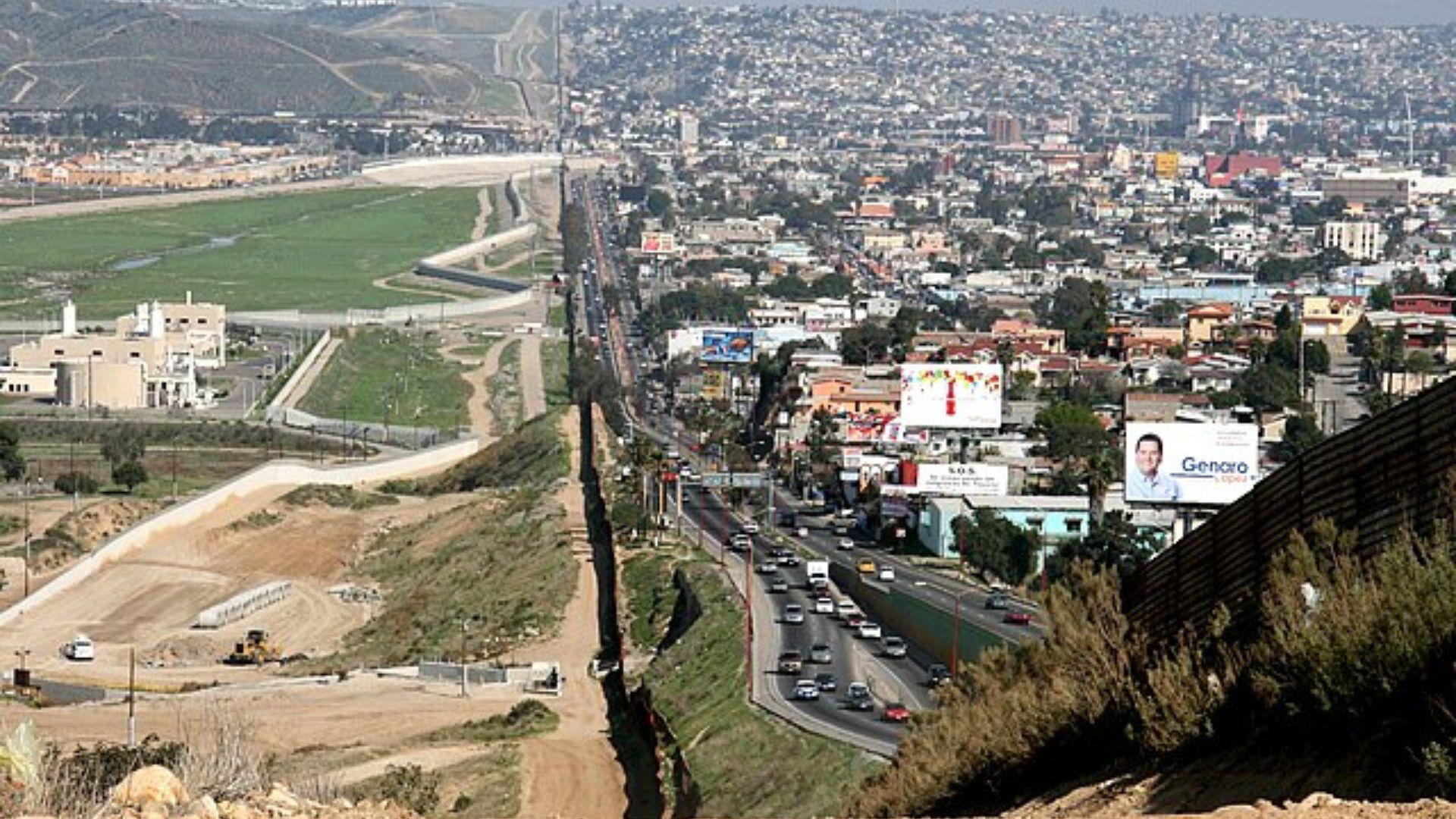
Source: Sgt. 1st Class Gordon Hyde/Wikimedia Commons
If the proposal goes ahead, hotel workers in the city will experience an increase of around 50% on their current wage. Janitors, event center employees, and security workers would also benefit from the increase.
College District Raises Minimum Wage to $30
The minimum wage for employees working in San Diego’s Community College District has already increased to over $30 per hour, while temporary workers are now paid at least $22 per hour.

Source: Freepik
The increase followed a study conducted by MIT, which suggested that two working adults sharing living expenses in San Diego required a minimum of $30.58 per hour to support their family.
Wage Increase Expected to Cost Over $1 Million
According to the college, increasing the minimum wage will likely cost the establishment an extra $1.5 million each fiscal year. However, this will be deducted from the state to the college through yearly living allowances.

Source: Wikimedia
The college also believes this amount will decrease in the coming years as employees progress in their jobs and move up the pay scale.
Los Angeles Airport Workers Call For Higher Wages
A proposal also aims to increase the minimum wage for hotel workers and those employed at the Los Angeles International Airport (LAX) to $30 per hour by 2028.
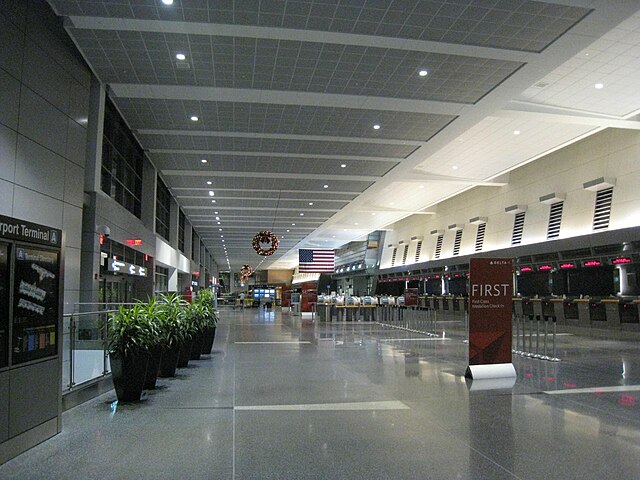
Source: Alan Myles NYC, Wikimedia
Council members Curren Price and Katy Yaroslavsky were behind the introduction of a motion that aims to increase the minimum wage for employees of hotels with 60 or more guest rooms.
Tourism Brings in Billions
According to Price, those working in the tourism industry deserve to get a minor share of the billions in profits that airlines and hotels bring in each year.

Source: Freepik
“Tourism brings billions of dollars to our economy, and the businesses benefiting from tourism workers’ labor can afford to provide good jobs with fair wages,” he tweeted.
A Matter of Human Rights
According to Price, the proposed increase, which would include janitors and security workers, “is a matter of human rights. It’s a matter of being fair.”

Source: Freepik
Not everyone agrees; however, Peter Hillan, spokesperson for the Hotel Assn. of Los Angeles, fired back, stating, “It is proposals like these that have led to the city’s reputation as a difficult place to do business and to work.” He continued, “Enough is enough.”
Woman Shares Thoughts On Proposal
During an interview with ABC7, Jovan Houston, who works a job that pays around $19 per hour, shared her thoughts on the proposal to increase Los Angeles’ minimum wage to $30.

Source: Freepik
“We’re essential to the Los Angeles economy,” said Jovan Houston, a customer service employee at LAX. “We bring in, we export, we do everything here, so it’s time for us to get our end of the stick.”
Small Businesses Left Concerned
After all the talk about increasing the minimum wage to $30, small business owners across the Golden State are left feeling concerned.
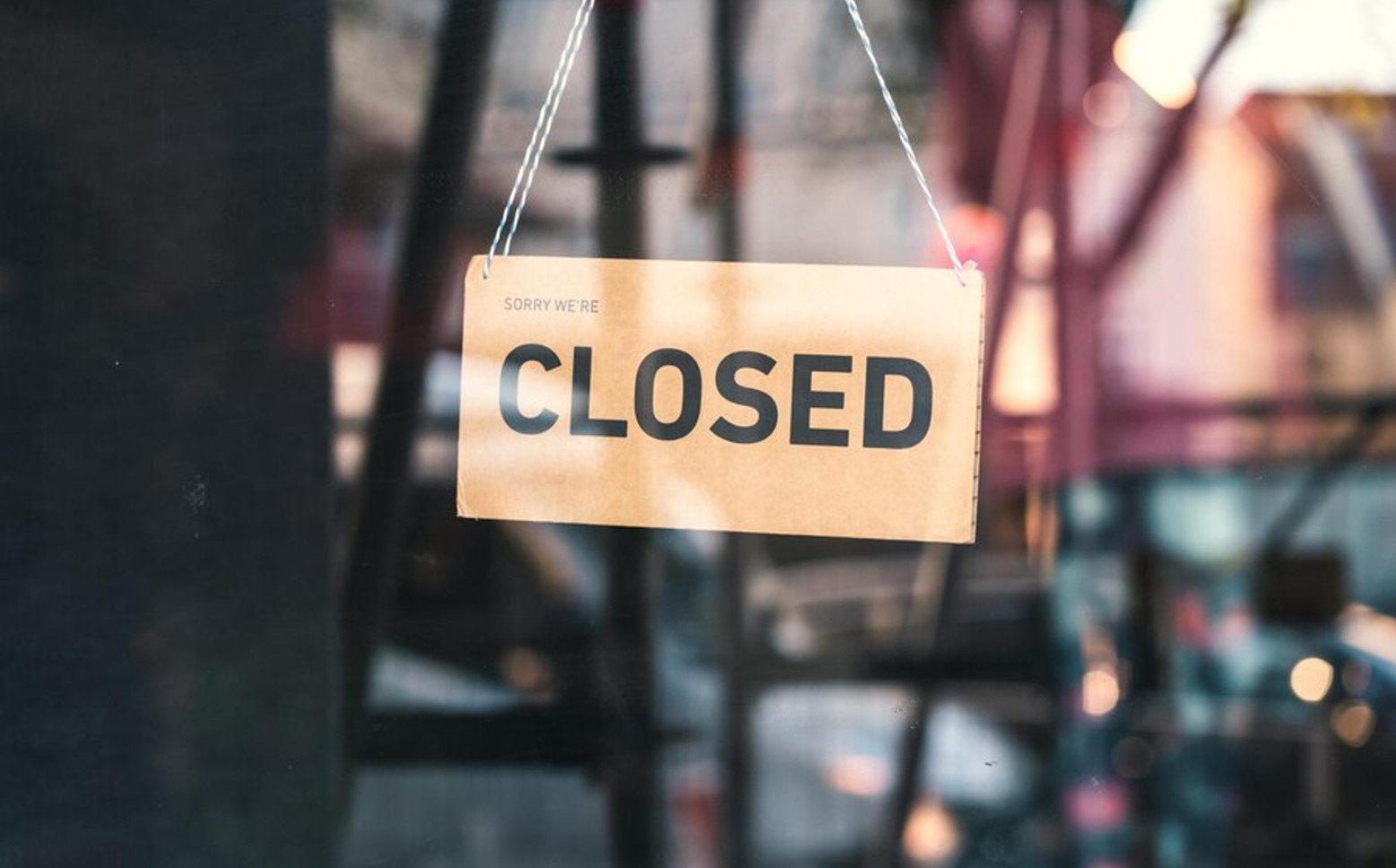
Source: Freepik
Suppose Californian employees receive an hourly rate of $30. In that case, many small business owners may be forced to close their establishments as they readily admit they won’t be able to keep up with the increased costs.
Study Suggests Small Businesses Will Be Fine
Despite the concern for small businesses in California, a new study claims they won’t experience the negative effects of an increase in the minimum wage like previously predicted by experts.

Source: Freepik
According to the study, California’s smaller enterprises may be able to finance the increase in employee salaries through new revenues. Researchers also claim it will not result in mass layoffs. However, others aren’t so sure.
Californian Business Owners Worried They’ll Go Under
While the study appears to reassure small business owners in California, many companies are still worried they’ll go under should Newsom pass legislation raising the state’s minimum wage to $30.
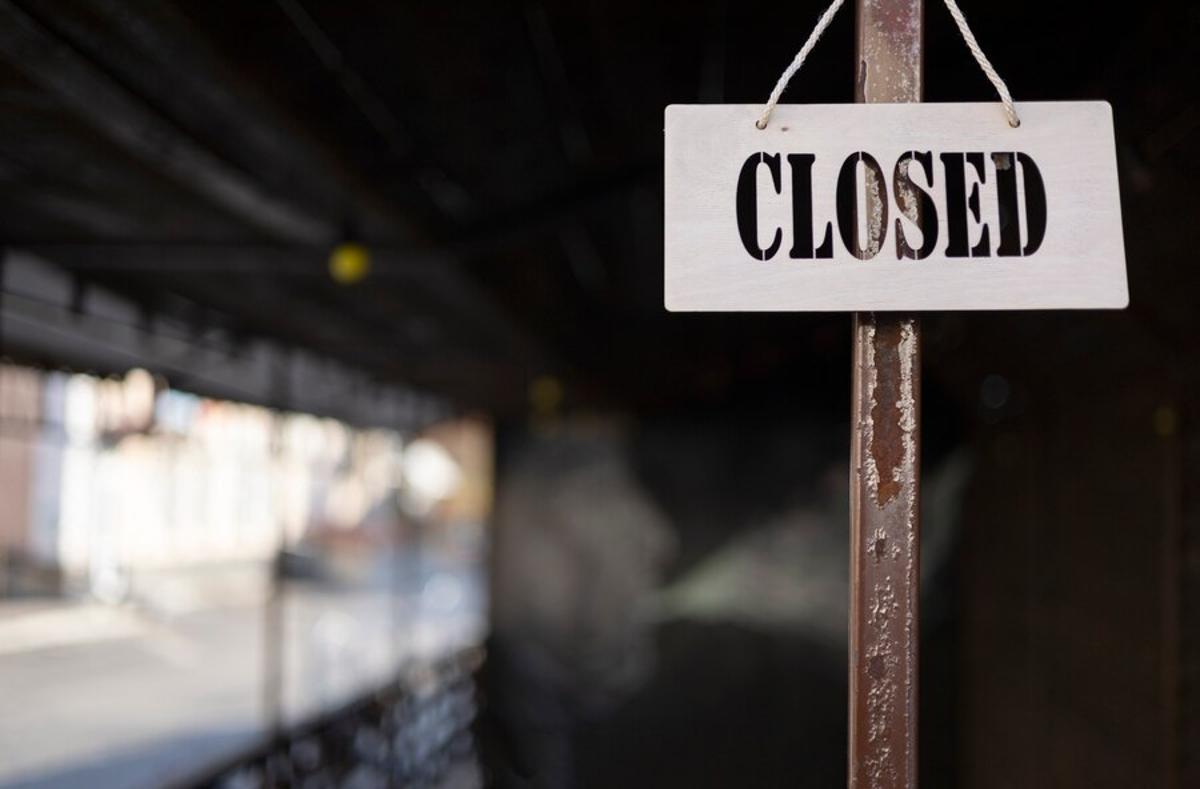
Source: Freepik
A company that provides food and drinks at California’s LAX airport claims it would certainly go out of business should the minimum wage see such a drastic increase.
How Sustainable Are the Increases?
The increase in hourly wages for many of California’s lowest-paid workers in the fast food and tourism industries is certainly a major win. It will provide an additional layer of financial support for families.

Source: Wikimedia
Unfortunately, a significant increase in minimum wages can lead to inflation in the industry, a loss of jobs, fewer hours, and companies becoming less competitive, all of which are currently experienced in California’s fast food industry.
Problems With Significant Increases to Minimum Wage
Considering the recent increase in the minimum wage for fast food workers, we observe several problems that may manifest for workers in the tourism industry. One obvious problem is the increased prices of menu items.

Source: Freepik
People across the state have expressed their concern against this, with one Chipotle customer from Brea writing, “I used to pay $10. Now it’s $13. Over time, that’ll be like $6 more or $9 – it just keeps going.” They continued, “If I’m going to start paying restaurant prices, then I’m going to have to go somewhere else.”
California Restaurant Association Release Statement
Following the increase in the minimum wage for all fast food workers, restaurants were forced to increase men’s item prices to cover costs, whereas others were forced to reduce employee hours and even downsize.

Source: Freepik
Speaking on the aftermath, the California Restaurant Association said, “Since it took effect, job losses, reduced working hours, restaurant closures, and higher prices for California’s inflation-weary consumers have been ongoing.”
What If Workers Achieve Their Goal of $30 Per Hour?
Should employees in the tourism industry achieve their goal of a $30 minimum, this could lead to strikes in other low-paying industries to obtain the same hourly rate.

Source: Blogging Guide/Unsplash
While this likely won’t affect the nation’s largest hotels, chains, and tourist destinations, smaller family-run businesses may struggle to cover costs and could be forced to downsize or even close up shop simply because they can no longer afford to remain open.
Wage Crisis is Looming
Economists and financial experts have been preparing for a wage crisis due to the demand for $30 hourly rates.

Source: Freepik
Everybody wants more money, but several experts have suggested it may come at a grave cost, claiming businesses will shut down and thousands of jobs will be lost. If rushed without proper due diligence, such a drastic increase may seriously affect the long-term health of the economy.
